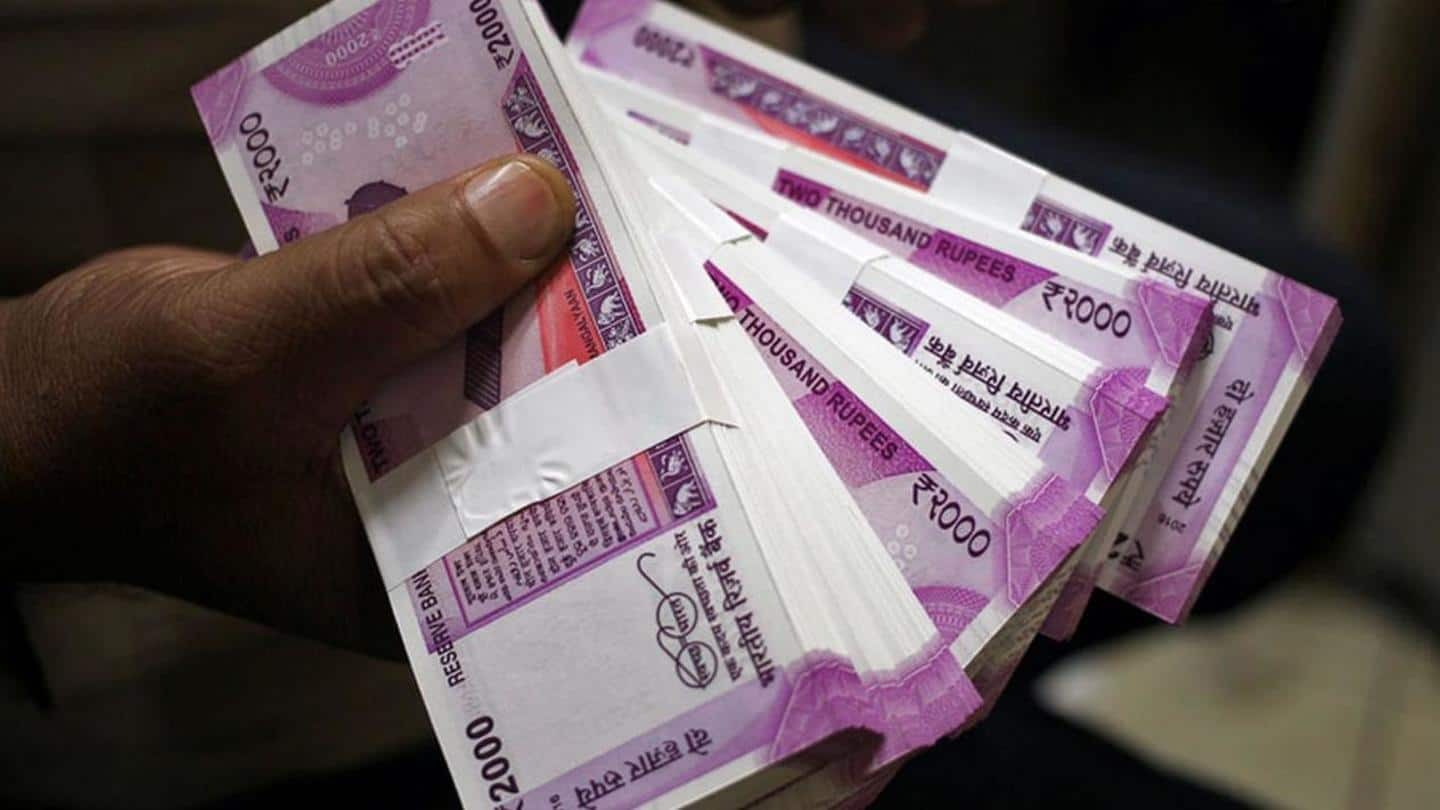
India's richest 100 earned Rs. 13 lakh crore since March-2020
What's the story
India's top 100 billionaires saw their wealth increase by Rs. 13 lakh crore since March last year even as the COVID-19 pandemic led to severe job losses, Oxfam said in its latest report.
Highlighting India's massive income inequality, the report noted that the amount could be enough to give 13.8 crore poorest Indians a cheque for Rs 94,045 each.
Here are more details.
Report
Economic crisis triggered by COVID-19 comparable to Great Depression: Oxfam
The Oxfam report, 'The Inequality Virus,' was released on the opening day of the World Economic Forum's 'Davos Dialogues'.
The report called the pandemic the world's worst public health crisis in a hundred years, adding that it has triggered an economic crisis comparable in scale only with the Great Depression of the 1930s.
India's billionaires got 35% richer during the lockdown, the report said.
Billionaire
Billionaires saw 'exponential' rise in wealth after lockdown
According to the report, billionaires such as Gautam Adani, Shiv Nadar, Cyrus Poonawalla, Uday Kotak, Azim Premji, Sunil Mittal, Radhakrishan Damani, Kumar Mangalam Birla and Laxmi Mittal working in coal, oil, telecom, medicines, pharmaceutical, education and retail increased their wealth "exponentially" since March 2020.
India had imposed a nationwide lockdown on March 25 last year, bringing the economy to a standstill.
Lockdown
Lockdown brought unemployment, untold hardship
The lockdown triggered unemployment, hunger, distress migration, and untold hardship, it said.
The mass exodus of migrant laborers and the "inhuman beating, disinfection, and quarantine conditions" they were subjected to "turned a health emergency into a humanitarian crisis."
The report noted that 300 informal workers died during the lockdown due to starvation, suicides, exhaustion, road/rail accidents, police brutality, and denial of timely medical care.
Information
Ambani's pandemic income could keep 40 crore out of poverty
Oxfam's report found that the amount Reliance Industries Ltd (RIL) chairperson Mukesh Ambani earned during the pandemic could keep 40 crore informal workers at risk of falling into poverty due to COVID-19 above the poverty line for at least five months.
Inequality
11 billionaires' pandemic income could sustain Health Ministry for decade
Further, the report mentioned that the increase in the wealth of the top 11 billionaires of India during the pandemic could help sustain the rural job scheme MGNREGA for 10 years or the Union Health Ministry for 10 years.
An "unskilled" worker would take 10,000 years to make what Ambani made in an hour during the pandemic, the report added.
Quote
'White-collar workers worked from home; not-so-fortunate lost livelihood'
The report said, "India's 100 billionaires have seen their fortunes increase by Rs. 12,97,822 crore since March last year which is enough to give every one of the 138 million poorest Indians a cheque for Rs. 94,045 each."
It said, "While the white-collar workers isolated themselves and worked from home, a majority of the not-so-fortunate Indians lost their livelihood."
Job losses
1.7 lakh people lost jobs every hour last April
While the rich escaped the pandemic's worst impact, continuing to get richer during the pandemic, 1.7 lakh people lost their jobs every hour last April, the report said.
9.2 crore among 12.2 crore people who lost their jobs were in the informal sector, it said.
1.7 crore women lost their jobs last April and unemployment for women rose by 15% from a pre-lockdown level.
Health expenditure
Slightly higher taxes for richest 11 could benefit health schemes
"India has the world's fourth-lowest health budget in terms of its share of government expenditure," the report said.
"If India's top 11 billionaires are taxed at just 1% on the increase in their wealth during the pandemic, it will be enough to increase the allocation of Jan Aushadi Scheme by 140 times, which provides affordable medicines to the poor and marginalized."
Quote
Extreme inequality a policy choice, says Oxfam India CEO
Oxfam India CEO Amitabh Behar warned, "Extreme inequality is not inevitable, but a policy choice. The fight against inequality must be at the heart of economic rescue and recovery efforts now."
"Newer and creative ways of catering to the needs of the masses is possible if governments are committed to the needs of its people," Behar added, urging "specific and concrete actions."